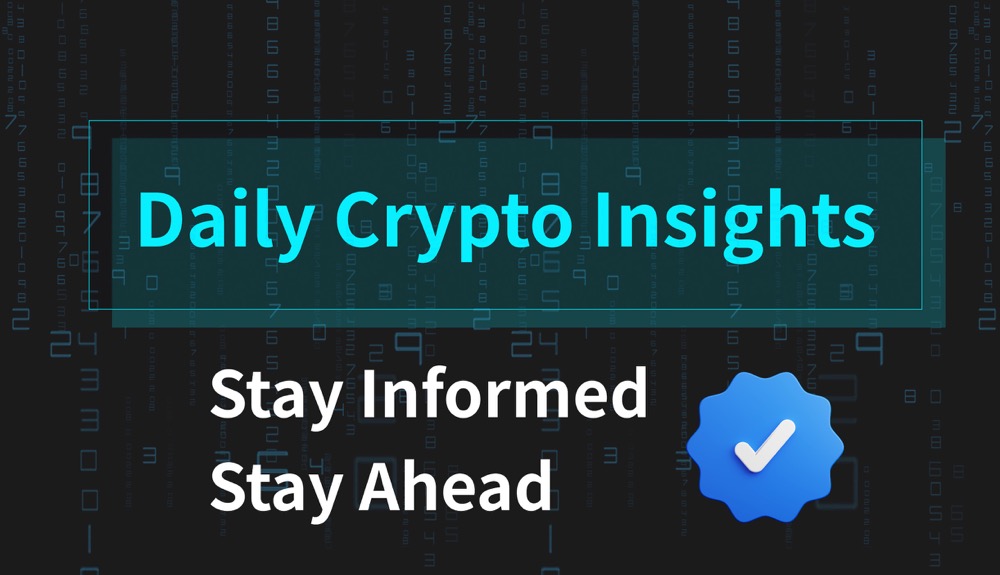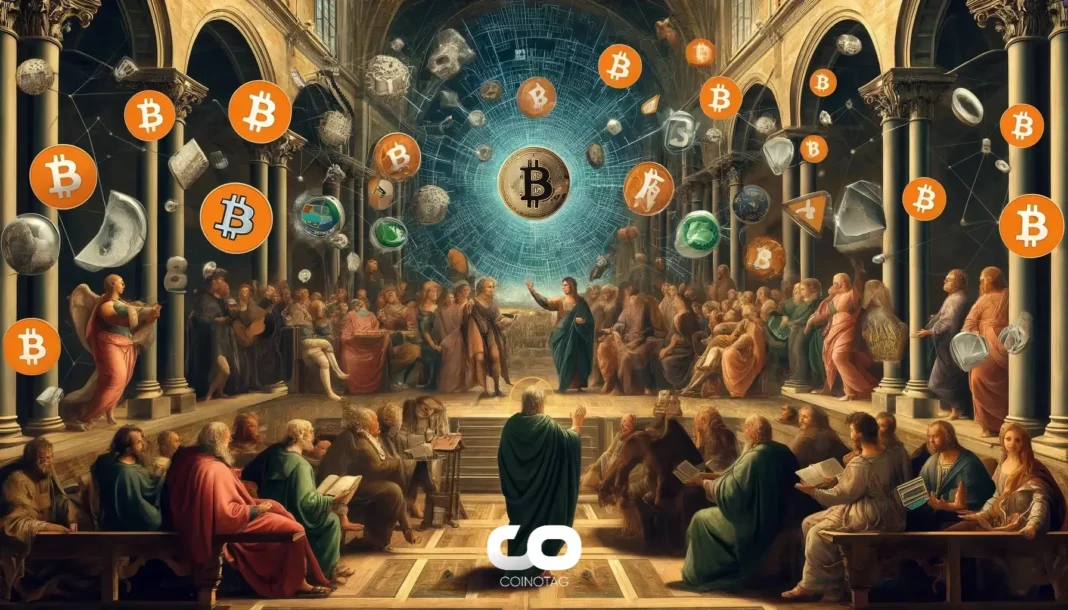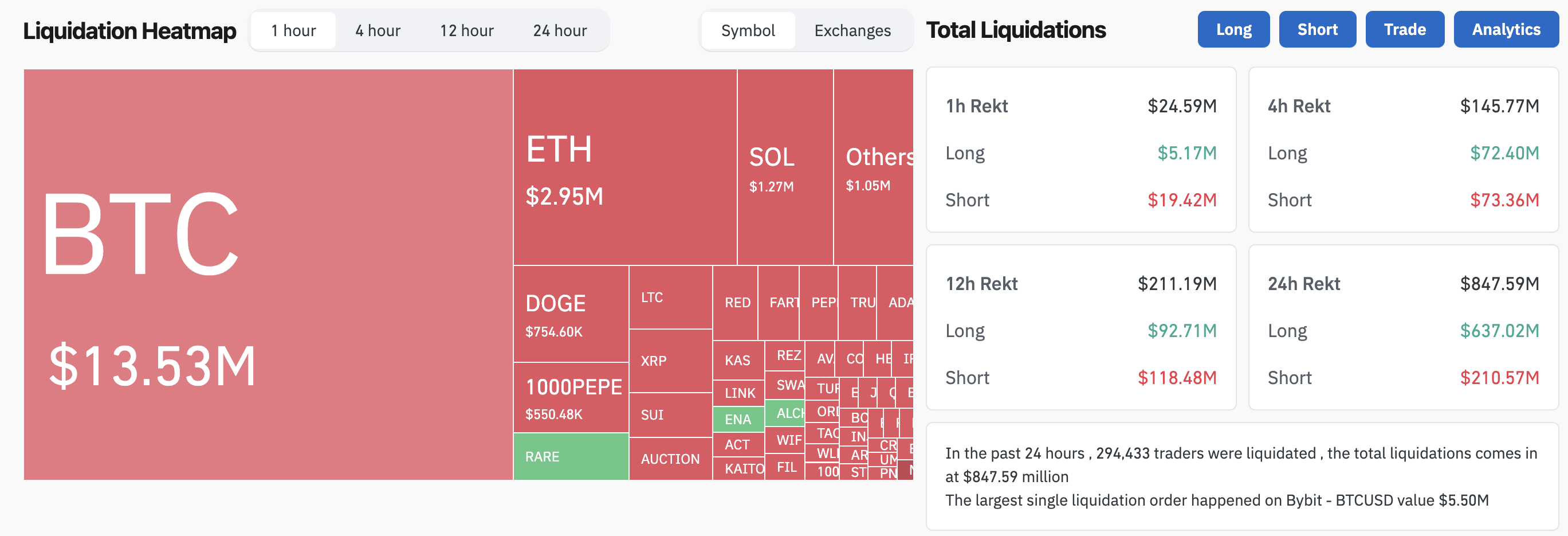Ontology (ONG): The Decentralized Trust Network of the Future
What is Ontology (ONG)?
Ontology (ONG) is a highly efficient public blockchain aiming to be the decentralized trust network that supports businesses of all types. Unlike traditional centralized systems, Ontology operates on a decentralized framework, empowering users with enhanced security, transparency, and efficiency in data exchange and verification processes. It provides a wide array of services, including smart contracts, distributed verification management, and data exchange protocols. Its modular and pluggable design ensures flexibility and adaptability to meet the diverse needs of different industries.
How Ontology (ONG) Works
Ontology's architecture is founded on the principles of distributed trust, which facilitates secure and transparent interactions among participants. Some key components of Ontology are:
1. Consensus Mechanism
Ontology uses the Ontorand Consensus Engine (OCE), a highly effective version of the Delegated Byzantine Fault Tolerance (DBFT) consensus protocol. Based on Onchain's Distributed Networks Architecture (DNA), Ontorand ensures near-infinite scalability and minimal hashing rates, reducing the likelihood of network forks. This truly decentralized protocol empowers users with consensus rights, eliminating centralized control over confirmation power. With pluggable verifiers and online protocol recovery and upgrade features, Ontorand offers flexibility and resilience in maintaining network integrity and security.
2. Distributed Trust System
Ontology implements a distributed trust system that spans multiple chains, industries, systems, applications, and devices. This system incorporates various trust types within an integrated protocol network, enhancing trust and reliability in data exchange and verification.
3. Multi-Source Data Exchange
The network supports multi-source data exchange protocols, enabling efficient and secure sharing of data among participants. Ontology ensures that users retain full control over their data while complying with privacy regulations and standards. Data attestation also maintains the integrity and privacy of data throughout its lifecycle, enhancing trust and reliability in data exchange processes.
4. Multi-Source Identities
Ontology supports multi-source identities, allowing users to verify their identities across different platforms and applications securely. This feature ensures privacy and security while enabling easy access to decentralized services.
5. Decentralized Identity Verification
Ontology implements a decentralized identity verification system, ensuring privacy and security in identity authentication processes. Users can establish organizational networks and specialized identity verification systems tailored to industry-specific requirements.
6. Dual-Token Mechanism
Ontology's native tokens, ONT and ONG, play crucial roles within the ecosystem. ONT serves as a token for governance and general exchange purposes on the Ontology chain, while ONG works as the gas required to perform operations on the blockchain.
ONG Goes Live on Bitget
Ontology offers a decentralized trust network that redefines how we exchange data and conduct business in the digital age. With its robust architecture, advanced features, and commitment to security and privacy, Ontology paves the way for a more secure, transparent, and efficient future of decentralized finance and data exchange.
Trade ONG, the gas token of Ontology, on Bitget to become the pioneer of decentralized data and trust now!
How to Trade ONG on Bitget
Step 1: Go to ONGUSDT spot trading page
Step 2: Enter the amount and the type of order, then click Buy/Sell
Trade ONG on Bitget now!
Disclaimer: The opinions expressed in this article are for informational purposes only. This article does not constitute an endorsement of any of the products and services discussed or investment, financial, or trading advice. Qualified professionals should be consulted prior to making financial decisions.
Disclaimer: The content of this article solely reflects the author's opinion and does not represent the platform in any capacity. This article is not intended to serve as a reference for making investment decisions.
You may also like

Bitcoin’s Correction Might Be Ending Amid Weak Dollar and Stable Derivatives Markets

Trump’s New Tariffs on Canada: Potential Impacts on Bitcoin and Market Uncertainty

